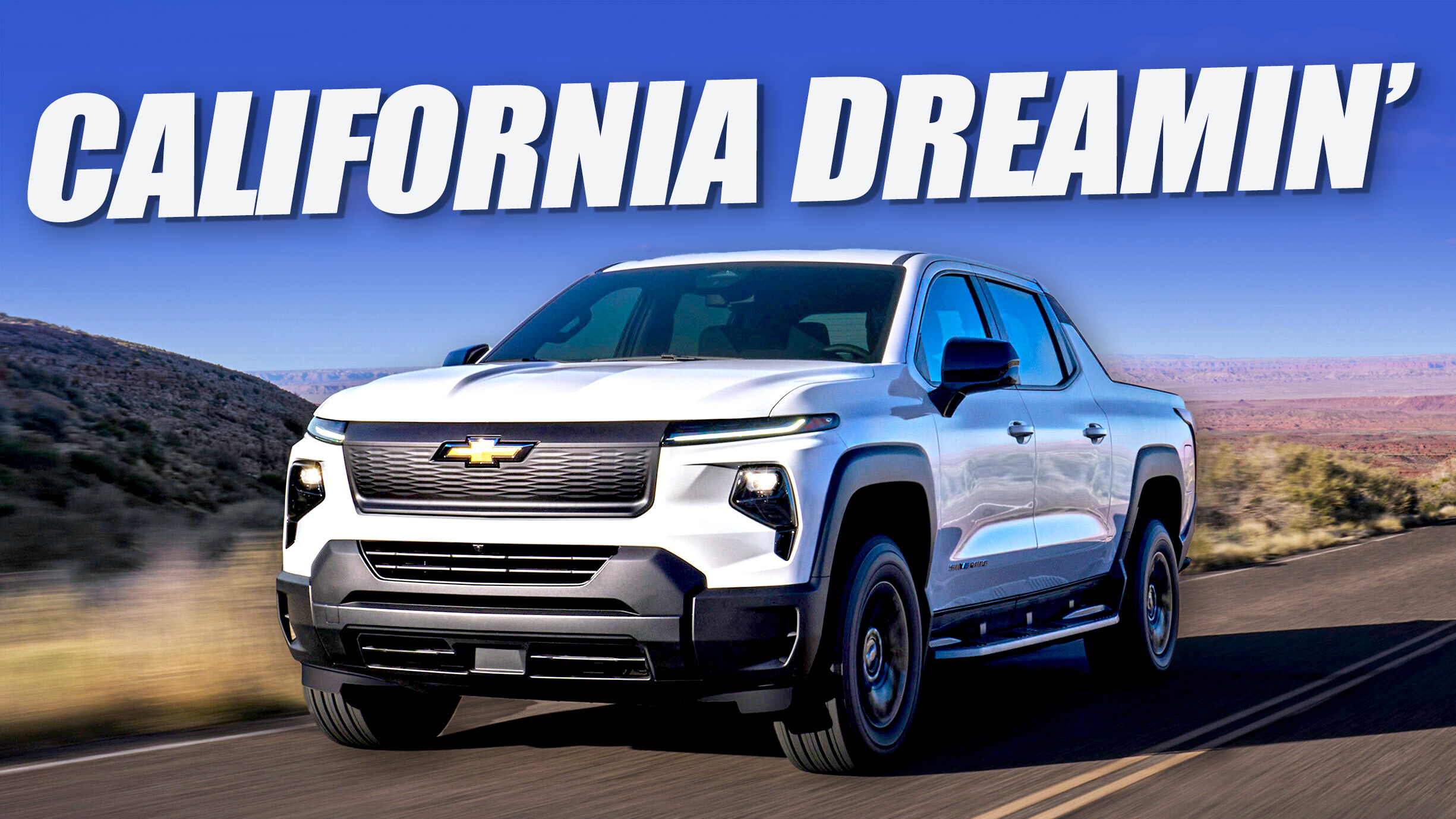EV Mandates Face Renewed Opposition From Car Dealers

Table of Contents
Financial Concerns Fuel Dealer Resistance to EV Mandates
The transition to electric vehicles presents substantial financial challenges for car dealerships, fueling much of their opposition to EV mandates. The high upfront costs associated with embracing EVs pose a significant burden, particularly for smaller dealerships with limited resources. These financial concerns include:
- High Investment in EV Infrastructure: Establishing charging stations requires considerable capital investment, along with the need for specialized tools and equipment for EV servicing and repair. This represents a substantial upfront cost that many dealerships struggle to absorb.
- Employee Training Costs: Mechanics and sales staff require specialized training to work effectively with EVs, adding further financial pressure. This training is not only costly but also time-consuming, potentially disrupting existing operations.
- Lower Profit Margins on EVs: Dealers often report lower profit margins on EVs compared to gasoline-powered vehicles. This difference, coupled with the increased investment costs, creates a challenging financial equation.
- Inventory Management Challenges: The sales cycles and demand patterns for EVs differ significantly from gasoline cars, making inventory management more complex and risky. Miscalculating demand can lead to significant losses.
- Investment Risk: Investing heavily in EV infrastructure and training carries significant risk. If EV adoption doesn't meet projections, dealerships could face substantial losses on their investments. Uncertainty about future government regulations further exacerbates this risk.
Challenges in EV Sales and Consumer Demand
Even beyond the financial burdens, car dealers face significant challenges in selling electric vehicles. Consumer adoption, while growing, remains slower than many predicted, largely due to several persistent obstacles:
- Range Anxiety and Charging Infrastructure: Consumer concerns about limited range and the availability of charging infrastructure remain significant barriers to EV adoption. Dealers struggle to alleviate these concerns, particularly in areas with inadequate charging networks.
- Higher Purchase Prices: The higher upfront cost of EVs compared to comparable gasoline vehicles discourages many potential buyers. This price disparity is a key factor impacting sales figures.
- Consumer Preferences: Many consumers remain loyal to gasoline vehicles, driven by habit, familiarity, or perceived limitations of EVs. Overcoming this ingrained preference is a major challenge for dealerships.
- Supply Chain Issues: Supply chain disruptions continue to impact the availability of EVs, further hampering sales efforts and creating uncertainty for dealerships.
The Impact of EV Mandates on Small and Rural Dealerships
The impact of EV mandates is particularly harsh on smaller and rural dealerships. These businesses often lack the financial resources to invest in the necessary infrastructure and training, placing them at a significant disadvantage:
- Higher Financial Burden: The increased investment needed to transition to EVs disproportionately affects smaller businesses with limited capital. This could lead to financial hardship or even closure.
- Challenges in Establishing Charging Infrastructure: Installing charging stations in rural areas with lower population densities presents significant logistical and financial challenges.
- Potential for Economic Hardship: The inability to adapt to the changing market landscape could result in economic hardship and business closures for numerous small dealerships.
- Need for Equitable Transition: A fair and equitable transition to electric vehicles requires policy solutions that consider the unique challenges faced by smaller and rural dealerships. Failing to address this could lead to a fragmented and unequal automotive market.
Lobbying Efforts and Political Implications of EV Mandate Opposition
The opposition to EV mandates isn't merely a localized concern; it's a coordinated effort with significant political implications. The automotive industry, through powerful lobbying groups, is actively working to influence policy decisions:
- Automotive Lobbying: Powerful automotive lobbying groups are exerting significant pressure on lawmakers to modify or delay the implementation of EV mandates.
- Political Influence: The opposition is shaping the political landscape surrounding EV policy, influencing discussions and decisions at both national and local levels.
- Regulatory Hurdles: The industry is employing various strategies to create regulatory hurdles and slow down the implementation of EV mandates.
- Industry Alliances: Dealerships are forming alliances with manufacturers and other stakeholders to present a united front against overly aggressive EV mandates.
Conclusion
The resistance to EV mandates from car dealers is a multifaceted issue driven by significant financial concerns, sales challenges, and the disproportionate impact on smaller dealerships. The political influence wielded by the automotive industry further complicates the transition to electric vehicles. Successfully navigating this transition requires a balanced approach that acknowledges the valid concerns of the car dealer community while maintaining the commitment to a sustainable transportation future. Further research and open dialogue are needed to explore solutions that address the concerns raised while ensuring a smooth and equitable transition to electric vehicles. Finding a middle ground, where EV mandates are implemented in a way that supports both environmental goals and the economic viability of dealerships, is crucial for the success of this vital shift. Let's foster a productive conversation about finding a balanced approach to EV mandates, ensuring a sustainable future for both the environment and the automotive industry.

Featured Posts
-
 The Best Oscars Afterparty Looks A Red Carpet Retrospective
May 06, 2025
The Best Oscars Afterparty Looks A Red Carpet Retrospective
May 06, 2025 -
 Kilaueas Unusual Eruption A 40 Year First For Hawaiis Volcano
May 06, 2025
Kilaueas Unusual Eruption A 40 Year First For Hawaiis Volcano
May 06, 2025 -
 The Met Gala 2025 Guest List Early Predictions And Confirmed Attendees
May 06, 2025
The Met Gala 2025 Guest List Early Predictions And Confirmed Attendees
May 06, 2025 -
 L Apres Popovich Quel Avenir Pour Les Spurs
May 06, 2025
L Apres Popovich Quel Avenir Pour Les Spurs
May 06, 2025 -
 Kevin Costner And Demi Moore The Latest On Their Relationship
May 06, 2025
Kevin Costner And Demi Moore The Latest On Their Relationship
May 06, 2025
